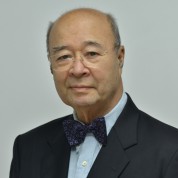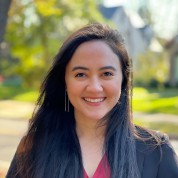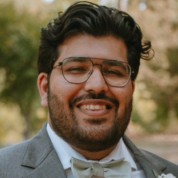In the contemporary health landscape, "innovation" has become a pivotal buzzword, often touted as the solution to myriad challenges. Yet, the true essence and impact of innovation remain subjects for deeper scrutiny and discussion. This session, "Health Tech and AI Rising: Youth Edition," aims to dissect the concept of innovation, challenging conventional perspectives, such as the idea of “reverse innovation”. The concept of innovation in global health often conjures images of cutting-edge technology and digital solutions. The session aims to explore the full spectrum of innovation, from the latest technological advances to the revitalization and integration of traditional medicine, arts, and narrative medicine.
This session will delve into these questions and showcase transformative ideas from young innovators across the globe, highlighting their significant impact on public health and health system strengthening. Throughout the session, speakers will address critical issues such as the scalability of grassroots innovations, the role of technology in democratizing health access, and the impact of young leaders in reshaping health landscapes, particularly in the Global South. We will discuss the dynamic interplay between innovative technologies and cultural practices in shaping health systems that are not only effective but also equitable, thus advancing the discourse on what truly makes an innovation effective in the public health sphere.
1. To showcase examples of both successes and failures of health tech and AI driven by young leaders from various regions, particularly those from the Global South or underrepresented communities in the Global North. This includes discussing the unique challenges they face, the solutions they have developed, and their journeys to making a significant impact on health systems.
2. To analyze efficiency, effectiveness, equity, and scalability of innovations, highlighting their potential to offer high-quality outcomes at lower costs. This includes a discussion on how the integration of local insights and resource-efficient methodologies can lead to more sustainable and cost-effective products and services that benefit a broader audience.
3. To define and deconstruct “innovation” by critically examining what constitutes true innovation in global health, challenging conventional narratives such as the concept of reverse innovation.
4. To foster collaborative learning among young innovators and health professionals, encouraging a dialogue that bridges geographical differences and amplifies underrepresented voices.
Biosketch
Kelly Perry
Mechai Viravaidya
MyMai Yungrattanachai
Pear Poolvaraluk
Saad Soroya
Shadrack Frimpong
Session Materials
Mechai Viravaidya.pdf







